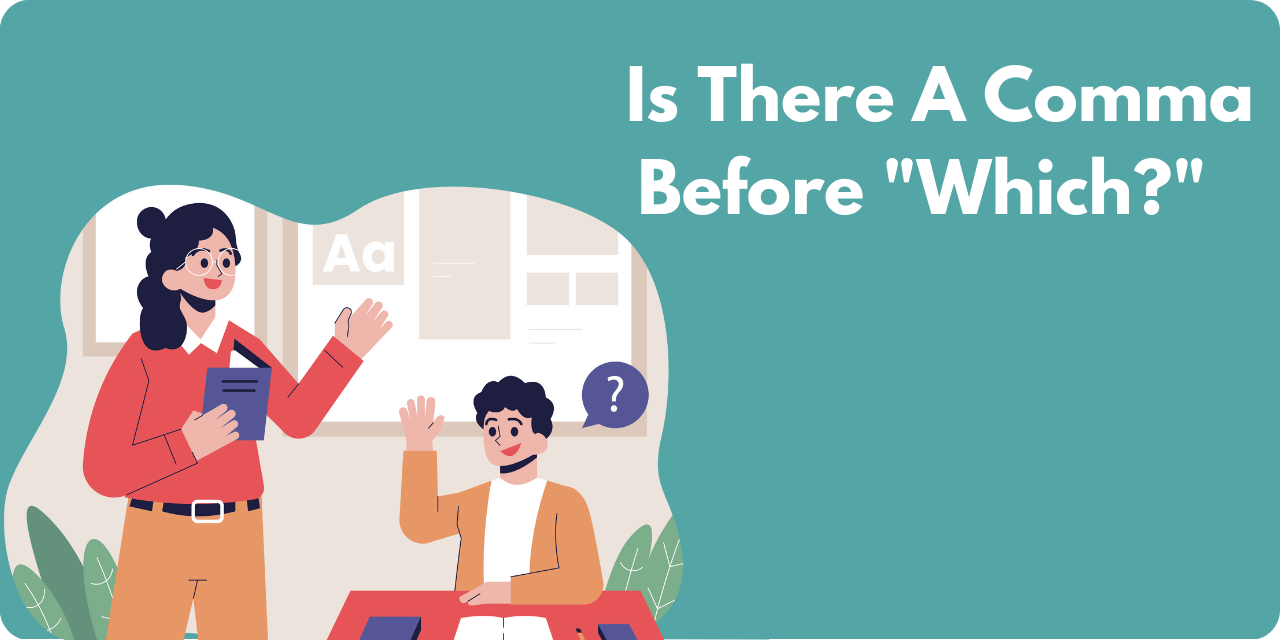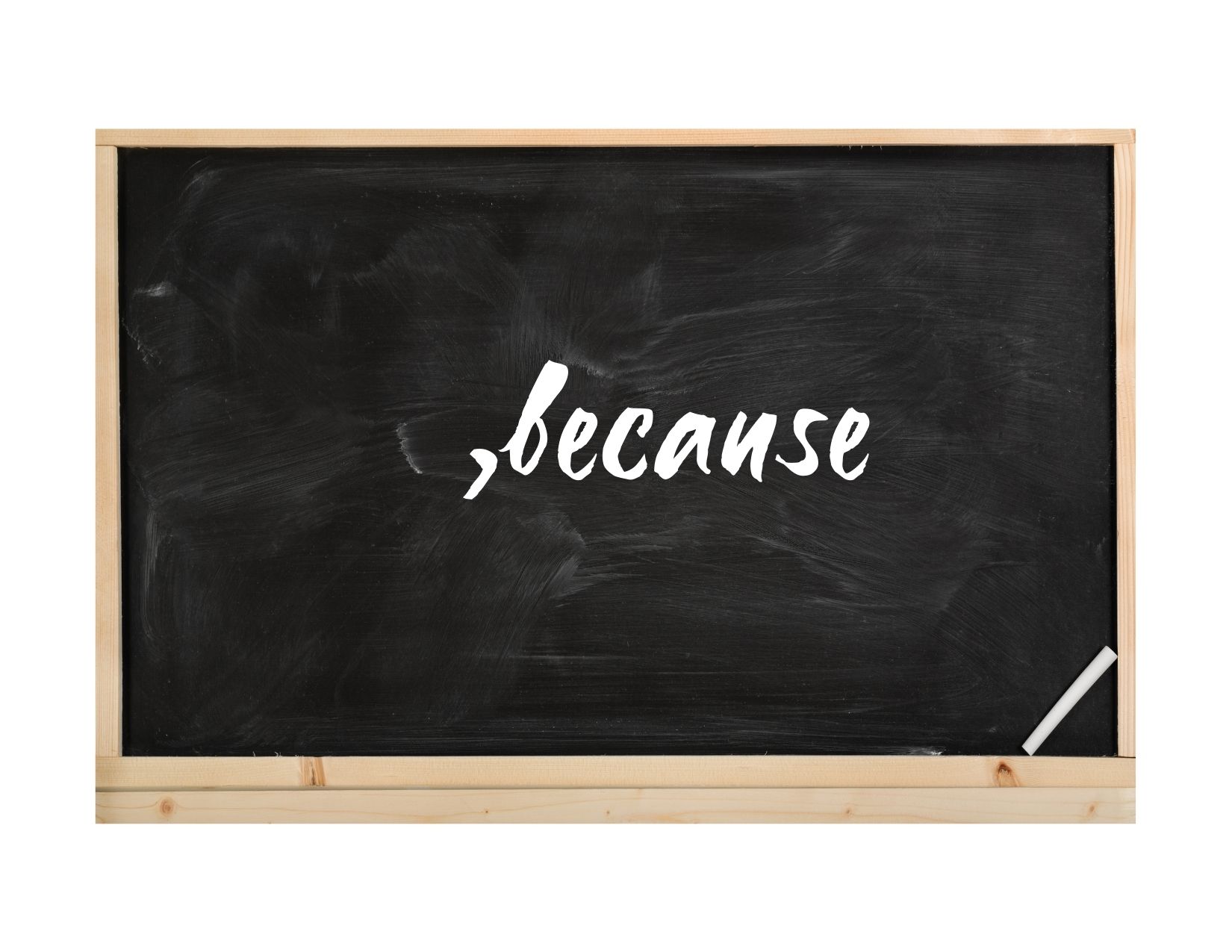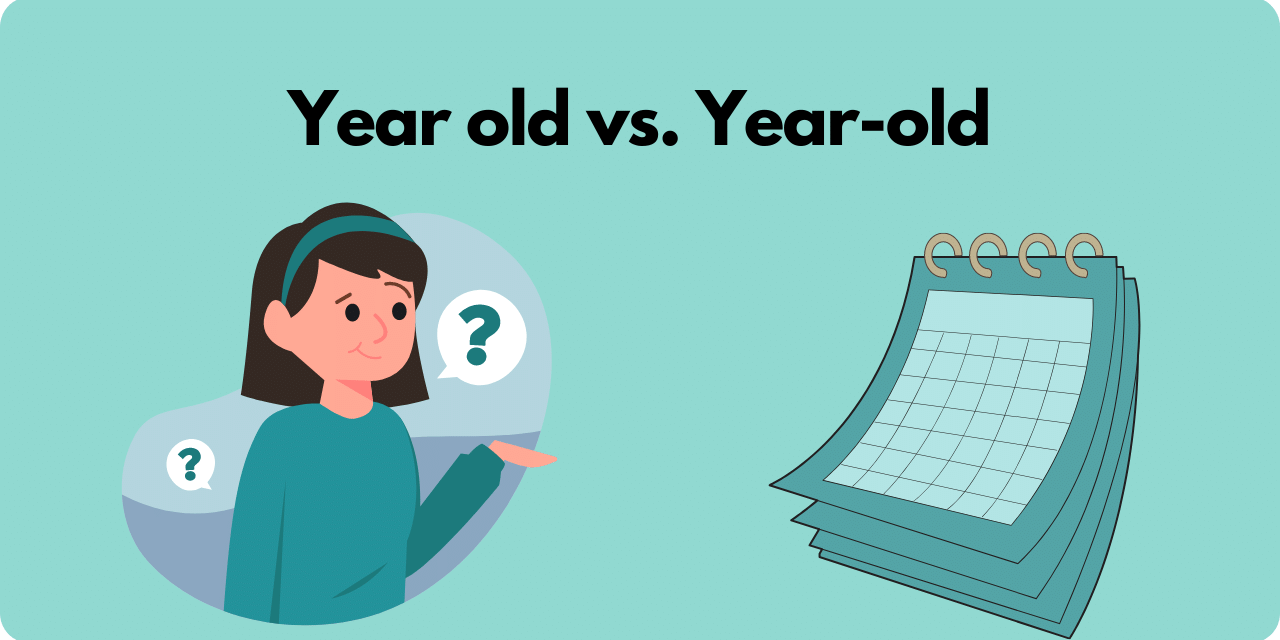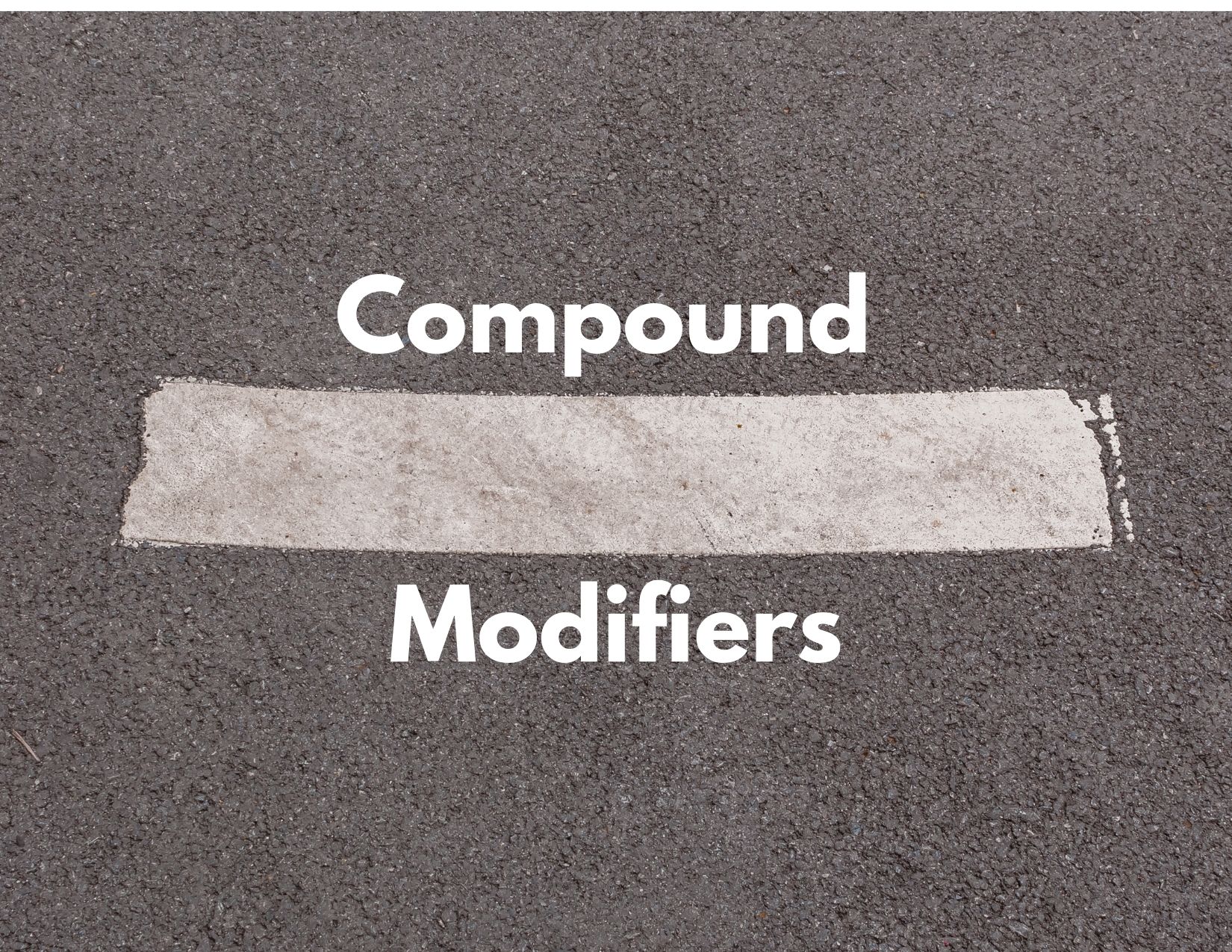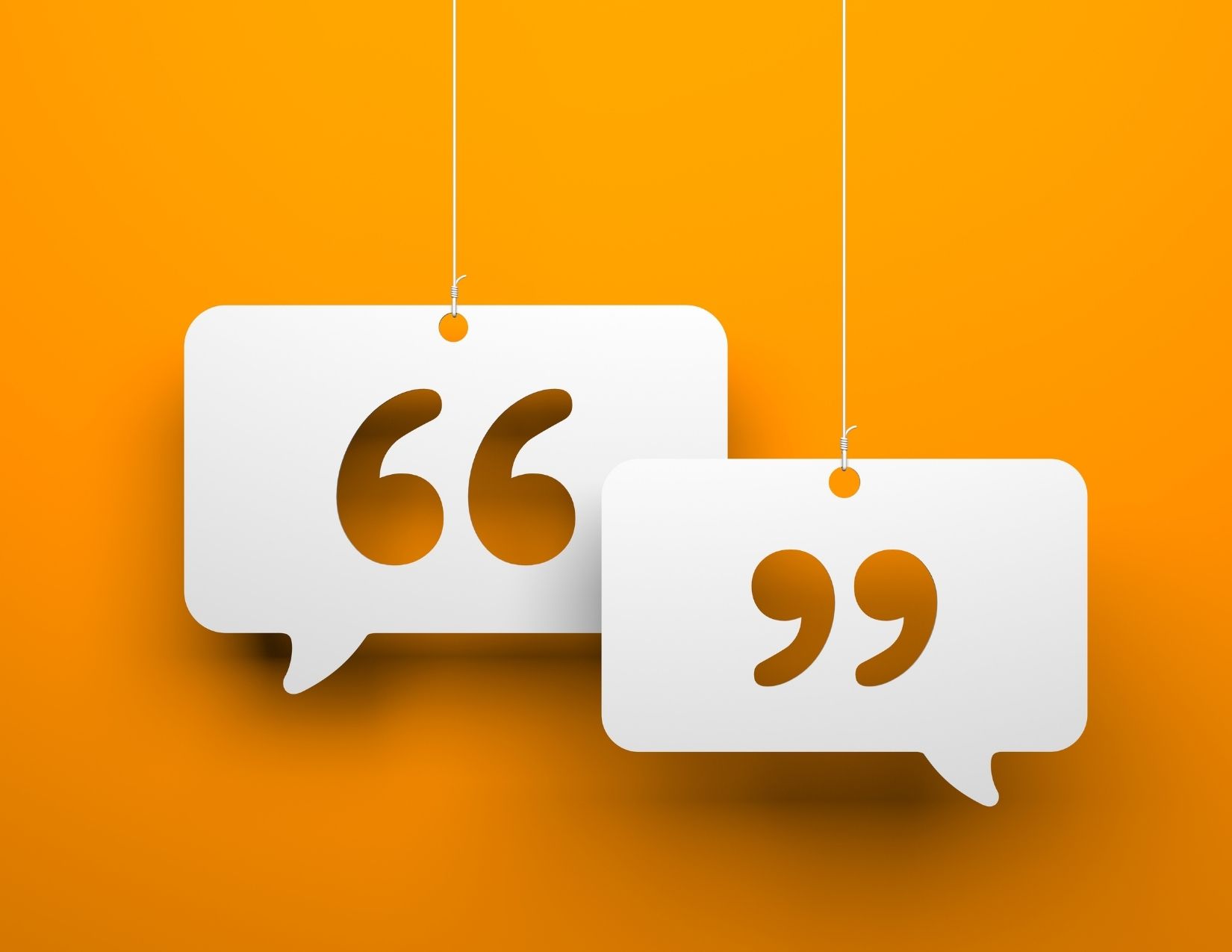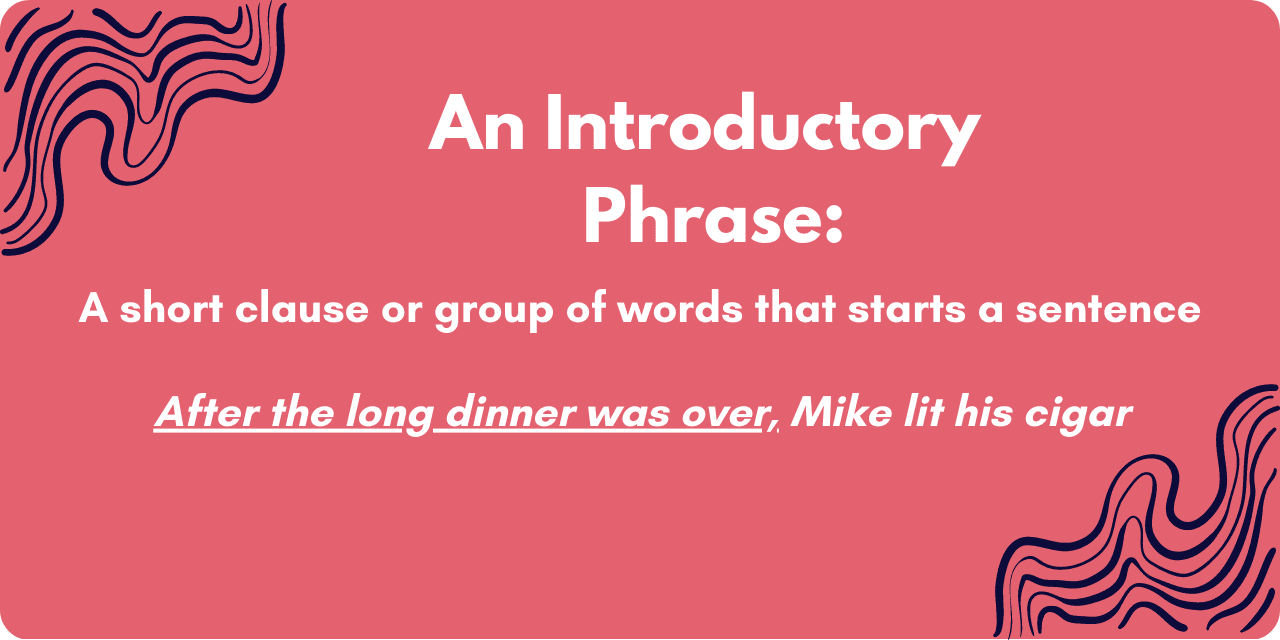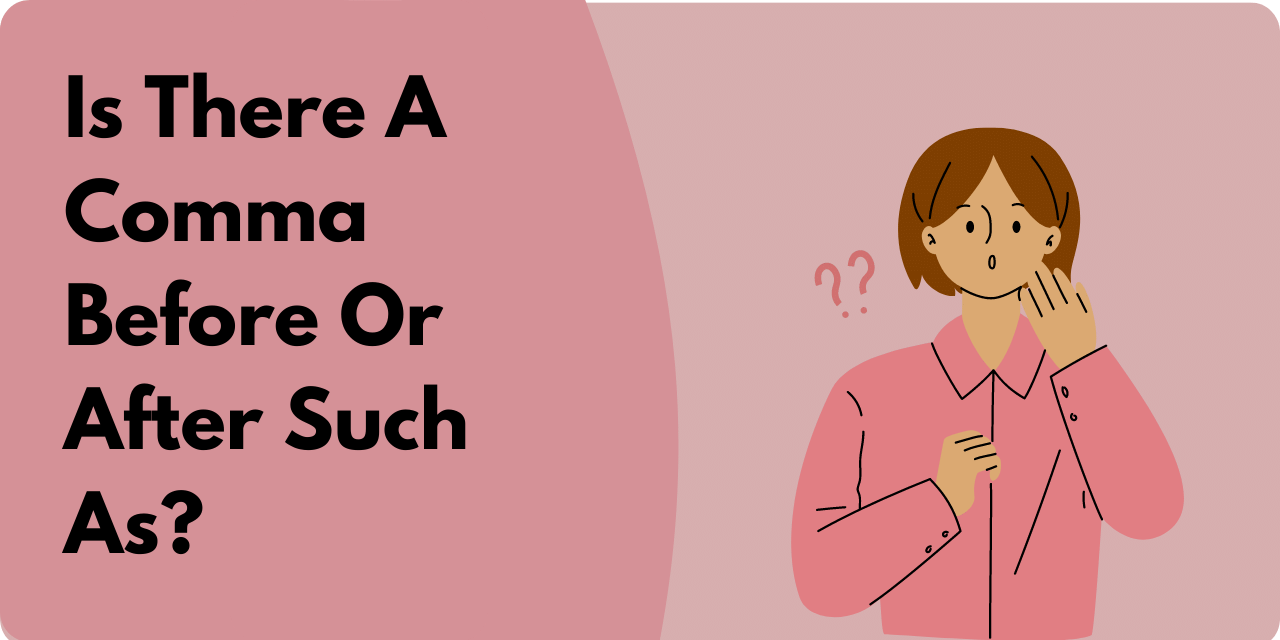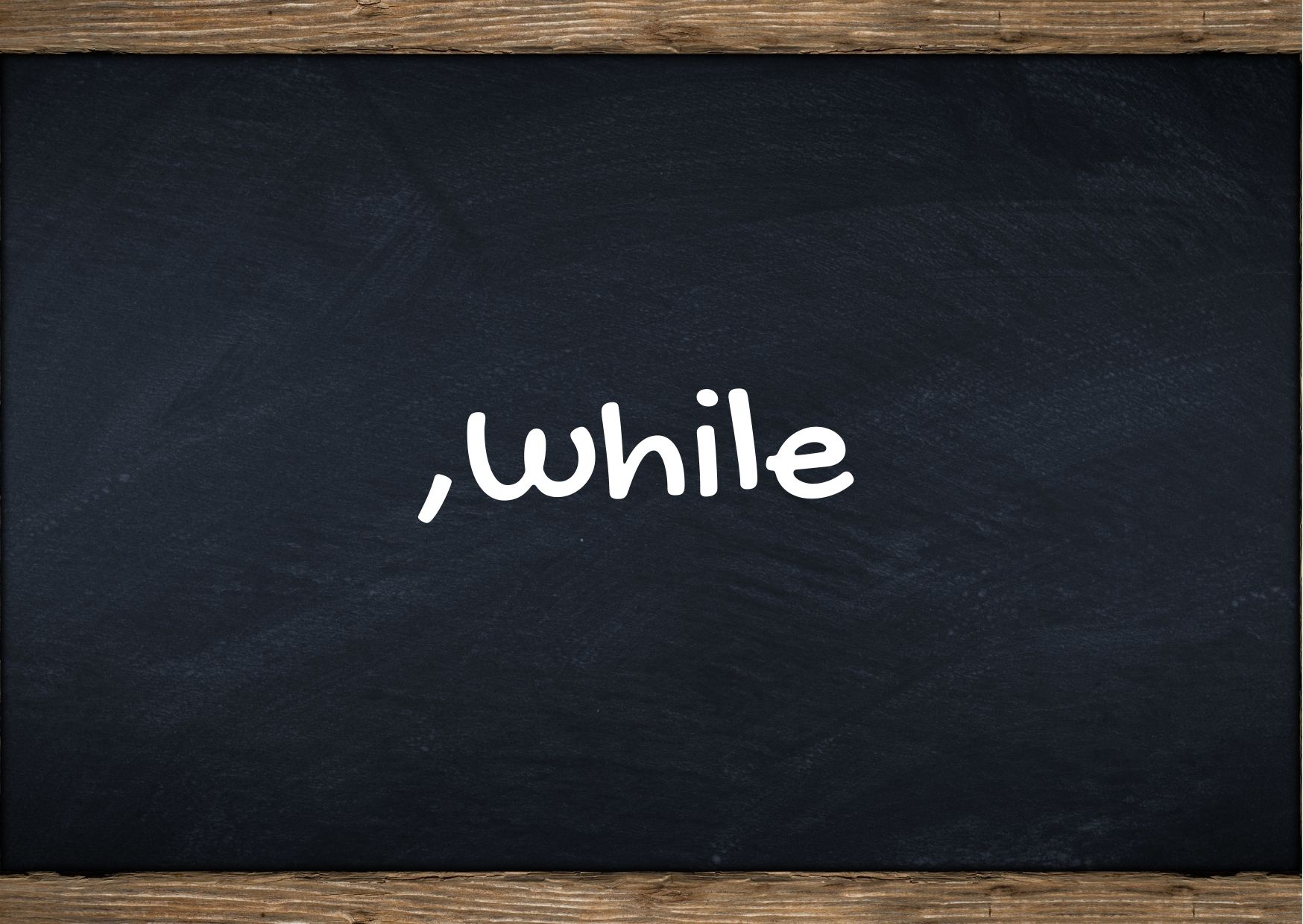Here are the general rules for when to use a comma with which: Place a comma before which if it is introducing a nonrestrictive phrase. Do not place a comma before which if it is part of a prepositional phrase like “in which.” Do not place a comma before which if… continue reading

